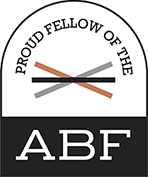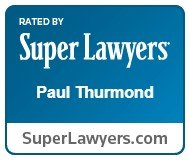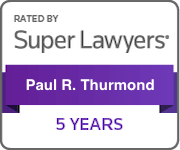
Drug Charge Lawyer in Charleston
Aggressive Defense Against Drug Crimes in Charleston, Summerville, and Throughout South Carolina
Law enforcement officials take seriously any conduct involving controlled substances in South Carolina. Prosecutors will do what is necessary to attempt to prove guilt beyond a reasonable doubt. Depending on the specifics, an offense can be charged as a misdemeanor or a felony. A conviction can carry lengthy terms of incarceration and high fines. If you face charges for any drug crime in South Carolina, you need a vigorous drug charge lawyer throughout your case. Attacking allegations in these matters can be challenging, but with a skilled Charleston drug crime attorney on your side, you can identify weaknesses in proof and build a compelling legal strategy to tell your side of the story.
At Thurmond Kirchner & Timbes, P.A., our South Carolina drug crime defense lawyers have handled criminal matters of varying complexity in Charleston, Summerville, and the surrounding areas. We know the law, and we know what it takes to get results. Our team will protect your rights in and out of court, seeking to secure the best possible legal outcome for you. We will be your advocates every step of the way. Recognizing that you may have several concerns about your case, we will be available to provide clear, straightforward answers.
Let us put our experience to work for you. Call us at (843) 790-0083 or contact us online today to speak with our Charleston drug c.
Drug Schedules in South Carolina Law
In South Carolina, controlled substances are separated into 5 categories (referred to as schedules), conforming to those enumerated under federal law.
The schedules are distinguished by the severity of the drugs, and include the following:
- Schedule I: These substances have a high potential for abuse and no accepted medical use. Drugs in this classification include, but are not limited to heroin, MDMA (ecstasy), LSD, and psilocybin.
- Schedule II: Substances in this classification also have a high potential for abuse, but they are used for medical purposes under strict regulations. These drugs can also cause severe physical or psychological dependence. Examples include fentanyl, methadone, amphetamine, and methamphetamine.
- Schedule III: This group consists of substances with a high potential for abuse but less so than those in Schedules I or II. They may be used for medical purposes, and the risk of them causing physical or psychological dependence is low to moderate. Some of these drugs include, but are not limited to benzphetamine, chlorphentermine, clortermine, and nalorphene.
- Schedule IV: Relative to the substances in Schedules I through III, the potential for abuse of drugs in this category is low, as is the risk of physical or psychological dependence. They may also be used in medical treatments. Included in Schedule IV are depressants, such as barbital and clonazepam, and stimulants, such as diethylpropion and phentermine.
- Schedule V: Compared to Schedule I through IV substances, these are considered the least dangerous drugs, with a low potential for abuse and limited risk of causing physical or psychological dependence. There is also an accepted medical use for them. In this classification are substances with limited amounts of narcotics such as codeine and opium.
Understanding the controlled substances schedules is important because laws refer to them to define prohibited conduct and enumerate penalties.
Types of Drug Crimes in South Carolina
Nearly anything involving drugs is considered unlawful. South Carolina Code of Laws lists various types of prohibited conduct. Because each has specific elements and penalties, we'll address the different drug laws in their own sections.
We Give Our Clients Peace & hope
Opinions From Those Who Matter Most
-
"I cannot recommend them highly enough."I had the pleasure of working with Thurmond Kirchner & Timbes, P.A. and I cannot recommend them enough. From the moment I walked into their office, their professionalism and expertise were evident. Every attorney and staff member I interacted with was knowledgeable and genuinely dedicated to achieving the best outcome. Their meticulous attention to detail and strategic approach set them apart.- James S.
-
"I can't thank them enough for being by my side."The TKT lawyers and paralegals are top-notch when it comes to legal representation. They are thorough, professional, and do not stop until the obtain the best outcome for your situation. They always ensure you understand what is going on and never leave you in the dark. The team is understanding and makes sure you never face the legal system alone. I can't thank them enough for being by my side.- Timothy C.
-
"The firm has your back 100% of the time."Thurmond Kirchner & Timbes, P.A. has helped with all of our legal issues. You are always in expert hands and the firm has your back 100% of the time. Highly recommend their expertise for any legal needs.- Maria J.
-
"Qualified Attorney With High Character and Integrity"Chris Romeo (and his team) exceeded my expectations when handling an auto accident case for me.- J.W.
-
"Masterful Results"No one thinks of litigation as fun, however, in my own complicated case, I can tell you Jesse Kirchner not only made it "fun" but actually, interesting.- L.H.
-
"They Work Hard & Get The Job Done For You!"We are very pleased with Christopher Romeo and his Paralegal April Warford. They work hard to get the job done for you.- A.E.
-
"I Was Never Once Judged"Mr. Thurman and his staff were very professional and efficient. They worked hard to get my case dismissed.- C.P.
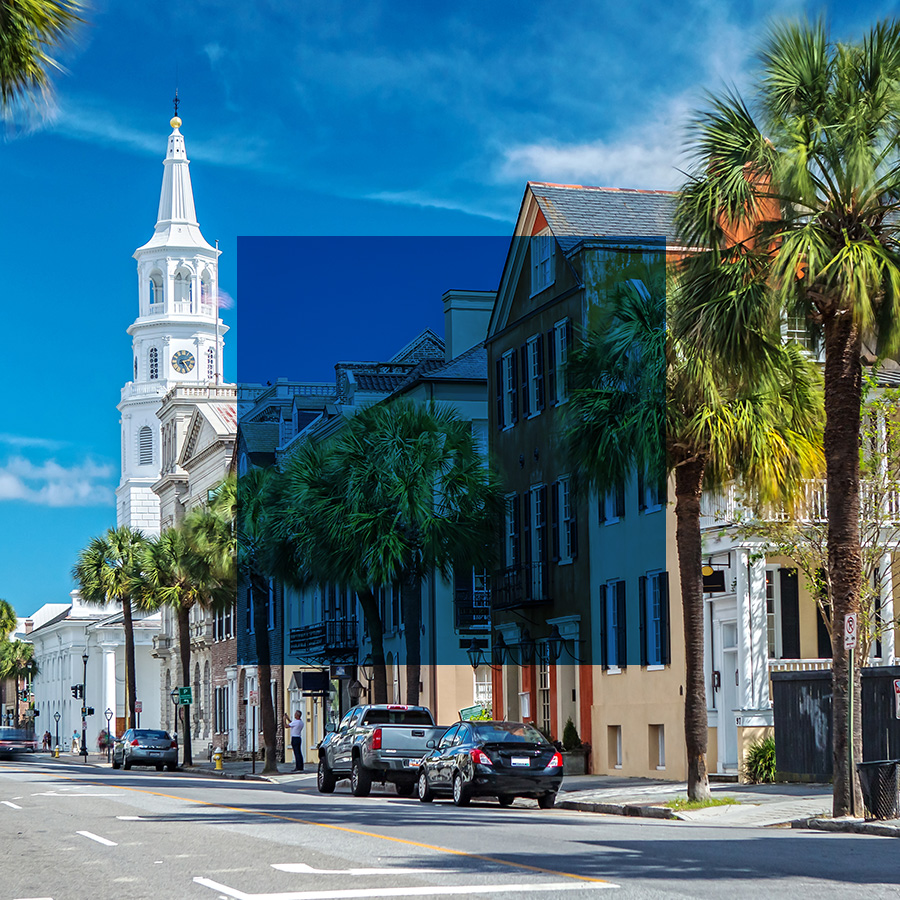
Drug Possession Laws and Penalties in South Carolina
South Carolina law enumerates two different types of drug possession: actual and constructive.
Actual possession means you have the drug in your physical possession, such as in a pocket or purse.
Constructive means that you might not have the drug on you, but you know where it is and you can exercise dominion or control over it.
Possessing drugs is different from just being in the presence of them. Possession indicates some level of ownership or influence over them. South Carolina Code of Laws Section 44-53-370 prohibits people from knowingly possessing a controlled substance. The only time having a drug or drugs is legal is when a physician lawfully prescribed them. The potential conviction penalties for drug possession depend on the substance and the defendant's criminal history.
A few of the punishments include, but are not limited to:
- Possession of a Schedule I or II narcotic drug or LSD:
- First offense (misdemeanor): Up to 2 years in jail and/or up to $5,000 in fines
- Second offense (felony): Up to 5 years in prison and/or up to $5,000 in fines
- Third or subsequent offense (felony): Up to 5 years in prison and/or up to $10,000 in fines
- Possession of other substances in Schedules I through V:
- First offense (misdemeanor): Up to 6 months in jail and/or up to $1,000 in fines
- Second or subsequent offense (misdemeanor): Up to 1 year in jail and/or up to $2,000 in fines
- Possession of cocaine:
- First offense (misdemeanor): Up to 3 years in jail and/or up to $5,000 in fines
- Second offense (felony): Up to 5 years in prison and/or up to $7,500 in fines

Why Choose us?
Knowledge. Experience. Results.
-
12 Attorneys on Staff
-
We Educate Our Clients on the Legal Process With Its Inherent Risks & Rewards
-
Our Firm Develops a Unique Strategy for Each Case
-
We Are Boutique Firm With Large Firm Experience & Reputation
-
Each Client Receives Transparent Communication & Personalized Attention
-
Your Initial Consultation Is Free & Confidential
Understanding Drug Crime Sentencing in South Carolina
When facing drug crime charges in South Carolina, it's important to understand the potential sentencing and penalties associated with these offenses. Our experienced Charleston drug crime attorneys can provide valuable insight into the sentencing guidelines for drug possession, trafficking, manufacturing, and other drug-related offenses.
Factors that can impact drug crime sentencing in South Carolina include:
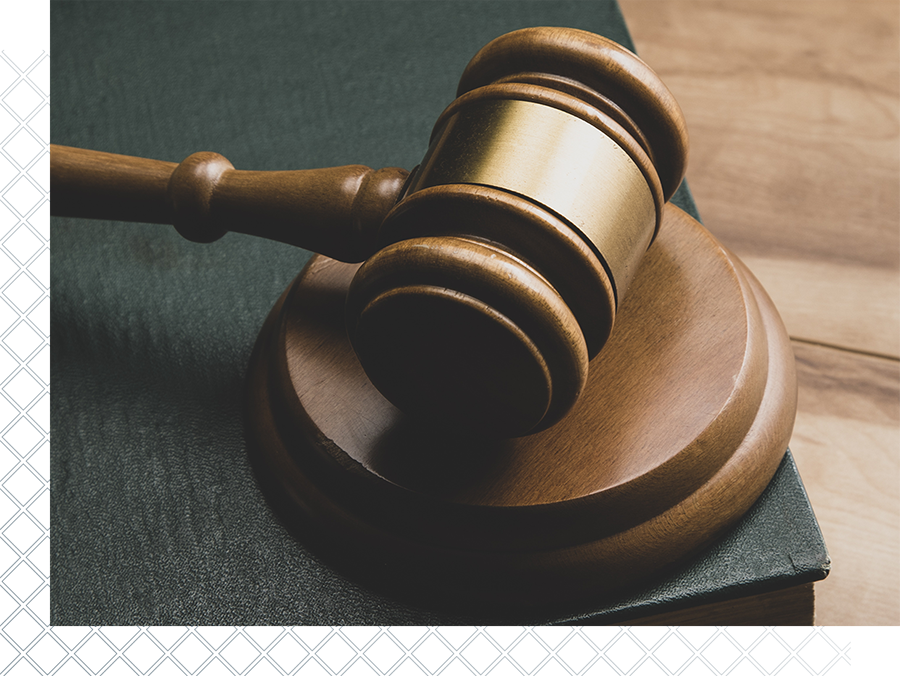

Awards & Professional Affiliations
Respected By Our Clients & Peers

Contact Our Firm Today for Your Free Consultation!
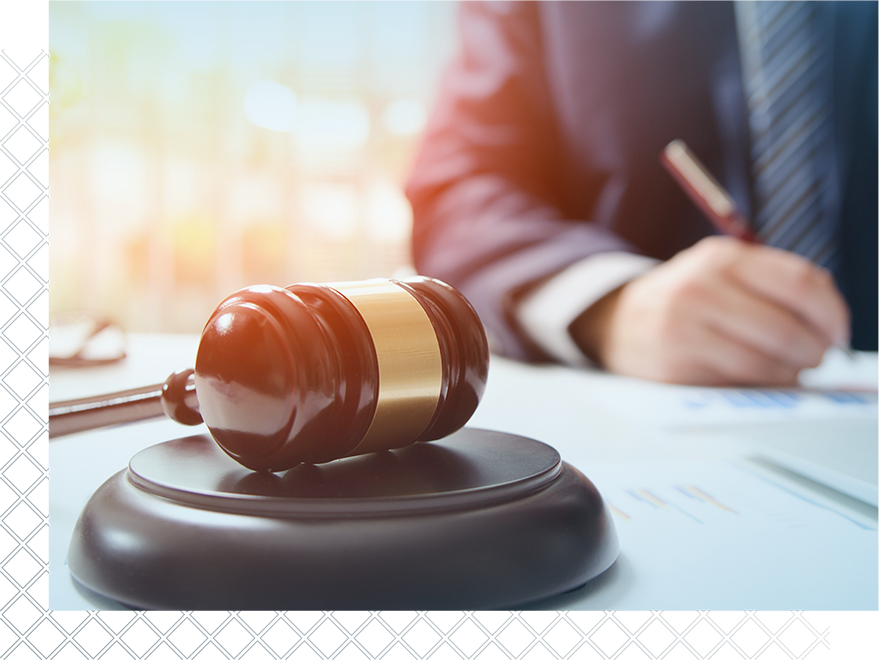


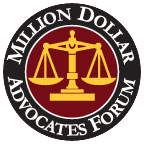
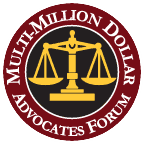
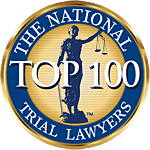
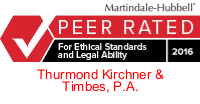
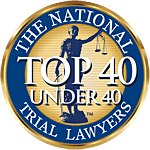
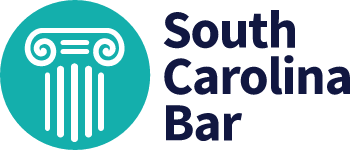

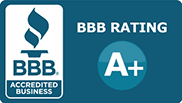
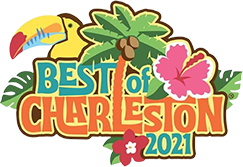
.2302281432490.png)

